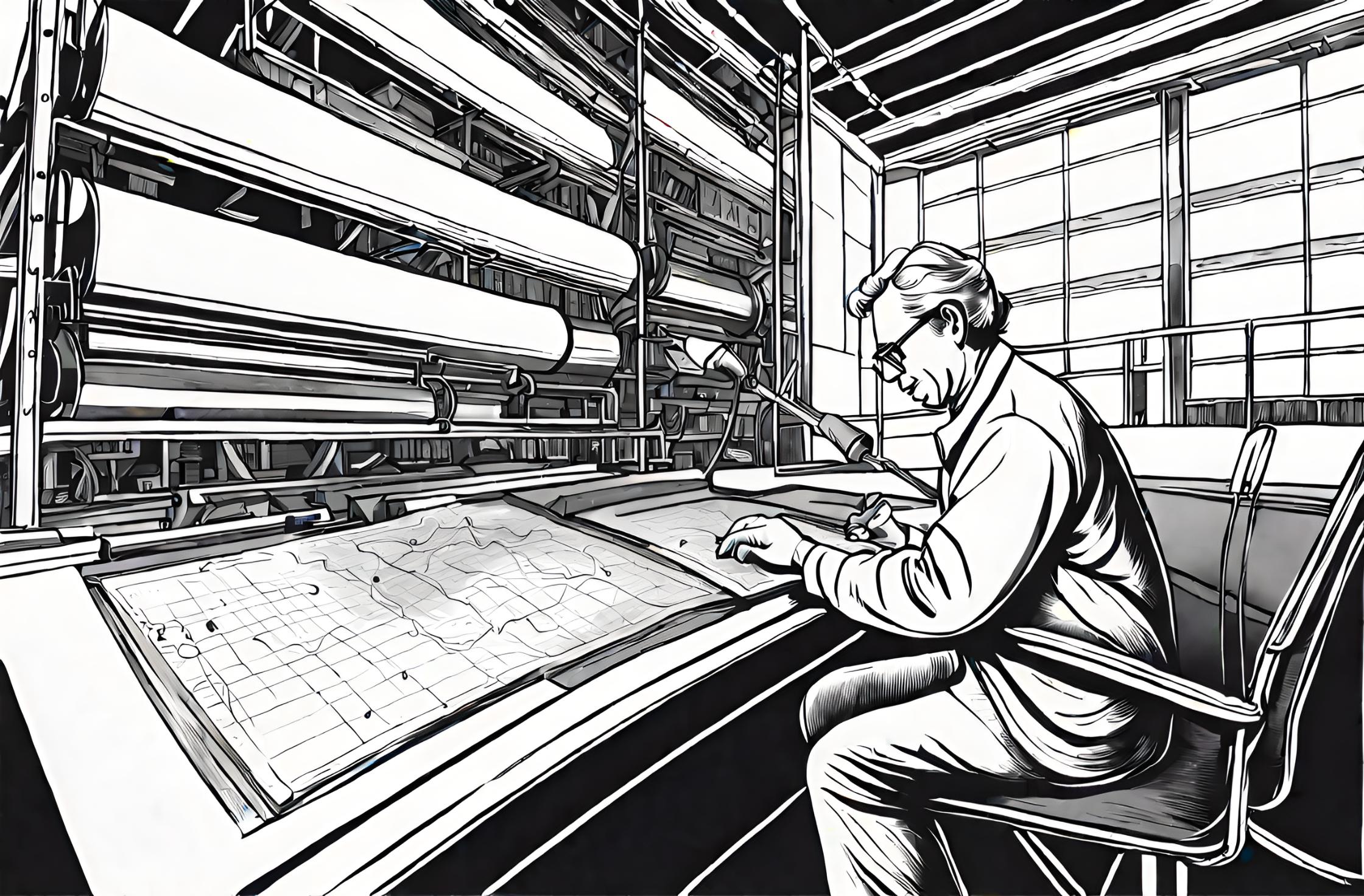Flashback to January 5
World History

On January 27, 1538, a momentous event took place in the history of Gelderland. The States of Gelderland officially accepted Willem van Kleef as their viceroy. This decision had a significant impact on the region and represented a turning point in its governance. In this article, we will explore the background leading up to this event, its implications, and the significance it holds for Gelderland and its people.
Gelderland, a province in the Netherlands, had a complex political landscape during the 16th century. The region was ruled by various noble families, each vying for power and control. This political fragmentation often led to instability, conflicts, and power struggles, with the citizens of Gelderland bearing the brunt of these tensions.
Enter Willem van Kleef, a prominent figure in this tumultuous political landscape. Born into a noble family, van Kleef had amassed both wealth and influence over the years. Recognizing the need for unity and stability in Gelderland, van Kleef actively pursued diplomatic channels that would help bring an end to the discord that had plagued the region.
Van Kleef’s efforts to cultivate alliances and garner support eventually led to his nomination as viceroy of Gelderland. This appointment was not only a recognition of his political acumen but also a testament to his ability to bridge divides and forge consensus among the various factions within the province.
The acceptance of van Kleef as viceroy by the States of Gelderland was a watershed moment. It marked a shift from the previous fragmented governance to a more centralized and unified system. Under van Kleef’s leadership, Gelderland could begin the process of rebuilding and moving forward as a cohesive entity. The viceroy’s authority and influence would help bring stability and prosperity to the region, which had long suffered from internal strife and external threats.
One of the key implications of accepting van Kleef as viceroy was the consolidation of power under a single leader. This centralization helped streamline decision-making processes and facilitated the implementation of reforms aimed at improving the lives of the people of Gelderland. Van Kleef’s administration prioritized issues such as infrastructure development, economic growth, and social welfare, which had previously been neglected due to the political squabbles.
Furthermore, van Kleef’s appointment also had significant geopolitical ramifications. The province of Gelderland was strategically located, making it a coveted region for neighboring powers. By accepting van Kleef as their viceroy, the States of Gelderland sent a strong message to outside forces, asserting their autonomy and determination to safeguard their interests.
Looking back, the acceptance of Willem van Kleef as viceroy of Gelderland was a pivotal moment in the province’s history. It marked the beginning of a new era of stability, unity, and progress. The viceroy’s leadership helped transform Gelderland into a prosperous region, benefiting its citizens and solidifying its position as an influential player in the geopolitical landscape.
The events of January 27, 1538, serve as a reminder of the importance of strong and capable leadership. Van Kleef’s tenure as viceroy demonstrated that effective governance, diplomatic skills, and a commitment to the welfare of the people can bring about positive change even in the most challenging circumstances.
Today, the legacy of Willem van Kleef and his impact on Gelderland can still be felt. The province continues to thrive as a vital cultural and economic hub in the Netherlands. The acceptance of van Kleef as viceroy remains a testament to the resilience and determination of the people of Gelderland and their ability to overcome adversity.
the acceptance of Willem van Kleef as viceroy of Gelderland on January 27, 1538, was a transformative moment in the province’s history. His leadership brought stability, unity, and progress to a region that had long been affected by political fragmentation. Van Kleef’s legacy continues to shape Gelderland today, reminding us of the power of capable leadership and the potential for positive change.
We strive for accuracy. If you see something that doesn't look right, click here to contact us!
Sponsored Content

German physicist Walter Oelert…
On January 5th, 1996,…

Cornelis van Dis, Dutch…
Cornelis van Dis, a…

Louis XV of France…
On 1/5/1757, Louis XV…

Edward de Belijder the…
On January 5, 1066,…

Austria-Hungary offensive against Montenegro.
Learn about the Austria-Hungary…

Prussian King Frederik Willem…
On 1/5/1717, Prussian King…

